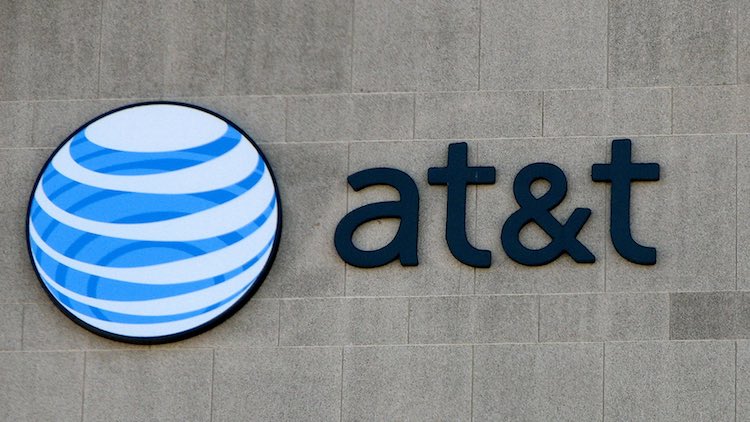Decision Day May Not Resolve AT&T-TW’s Fate

The smarter way to stay on top of broadcasting and cable industry. Sign up below
You are now subscribed
Your newsletter sign-up was successful
Nearly two years after they first announced their plans to merge, AT&T’s $108.7 billion purchase of Time Warner is nearing the finish line: U.S. District Court Judge Richard Leon is expected to issue his decision on Tuesday (June 12).
AT&T and Time Warner first announced their plans to merge on Oct. 22, 2016, and were hoping for an easy ride through the approval process, as neither side has competing businesses. The U.S. Department of Justice threw a wrench in those plans by suing to block the deal in November. The DOJ claimed the merger would create a behemoth that could keep content away from consumers, or at least charge them a whole lot more to get it.
AT&T and Time Warner argued that the deal was more of a means of survival: With Netflix and OTT companies chipping away at their businesses, they need greater scale just to compete.
After a six-week trial that ended in late April, Judge Leon set June 12 as the date for deciding the deal’s fate. Most people familiar with the deal expect the court to approve it, but it’s highly likely that conditions will be attached. Here are some predictions as to what those conditions might be, and how that could shake out for the rest of the industry.
Judge Leon can do one of three things: approve the deal outright, deny it outright or approve it with conditions. While most analysts believe the deal will be approved mainly because they don’t feel the government made a compelling case against the merger, they are increasingly leaning toward an approval with conditions.
The easiest scenario, approval without conditions, would likely open up the floodgates for more distribution-content deals, starting with Comcast’s much-anticipated expected counteroffer for the 21st Century Fox assets currently pledged to The Walt Disney Co. Other deals would surely follow, as the quest for scale continues.
Denying the deal outright is for some the least likely scenario. But if that does happen, analysts agree it would send a chill down the spine of practically every media company.
The smarter way to stay on top of broadcasting and cable industry. Sign up below
It is becoming increasingly apparent an approval would come with some conditions attached. They range from the onerous (forced divestitures) to the more palatable (pledges to provide equal access to content for online video players, the use of arbitration for disputes and promising not to unreasonably discriminate against content companies in internet access).
In a research note, UBS analyst John Hodulik wrote that he believed AT&T could stomach some minor divestitures, but not the sale of big pieces such as DirecTV, Turner, Warner Bros. or HBO.
Onerous conditions would also make it difficult for Time Warner to find another suitor, according to Evercore ISS media analyst Vijay Jayant. While Jayant said Time Warner could move to sell itself off in “bite-sized” pieces, to make it more attractive to multiple suitors, selling a company piecemeal is never easy.
Those same analysts warned that whatever the judge decides, it may not be the end of the process. If the DOJ loses, Jayant noted, it will most likely appeal, which could tack another three to four months onto a transaction that has already endured a 20-month approval process. The same holds true for AT&T.
So after a six-week trial and a five-week decision process, the court’s ultimate answer may be for the parties to just hurry up and wait.
